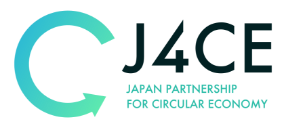Download: J4CE Noteworthy Cases/Initiatives 2024
Download: J4CE Noteworthy Cases/Initiatives 2022
Download: J4CE Noteworthy Cases/Initiatives 2021
Search for cases
* Multiple conditions can be specified
SEARCH
SUBCATEGORY
* Click here for examples of initiatives by each company.
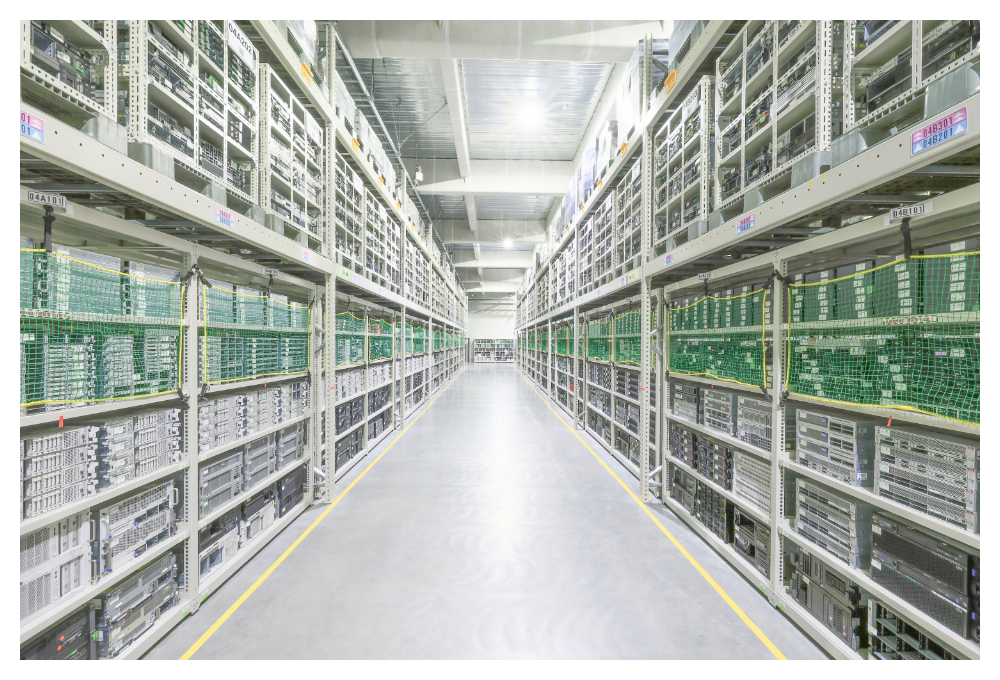
Providing IT equipment life extension services using refurbished parts
DATALIVE Corporation
As a third-party maintenance professional, we are developing a computer maintenance business without relying on computer manufacturers. We have over 10 years of experience and a proven track record, and have provided maintenance to over 2,200 companies in total.
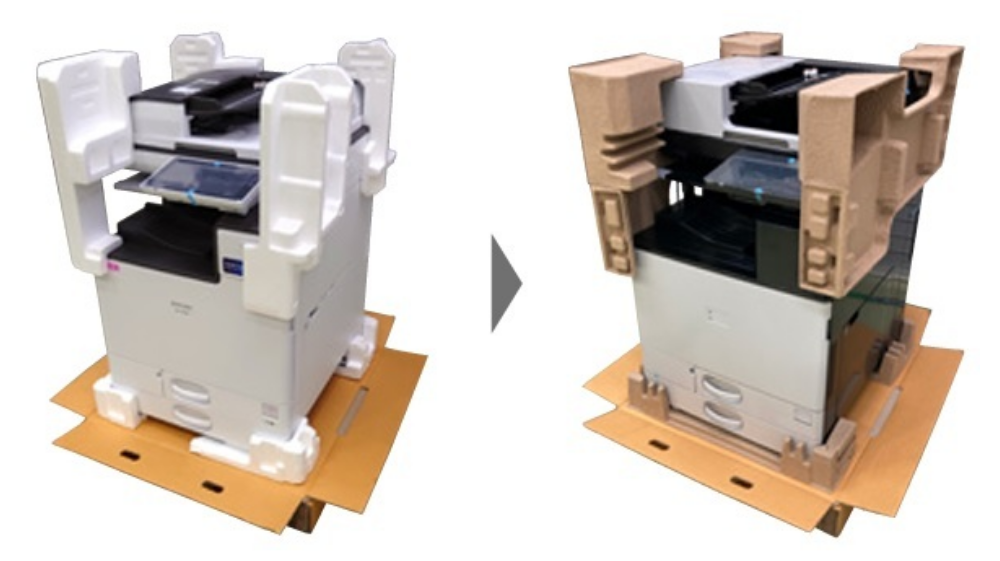
Switching from fossil resource-derived packaging materials to paper packaging materials for A3 MFP
RICOH Company, Ltd.
Until now, expanded polystyrene (EPS), a material derived from fossil fuels, has generally been used as packaging for transporting MFP products. The Ricoh Group is working to switch from EPS to recyclable paper packaging.
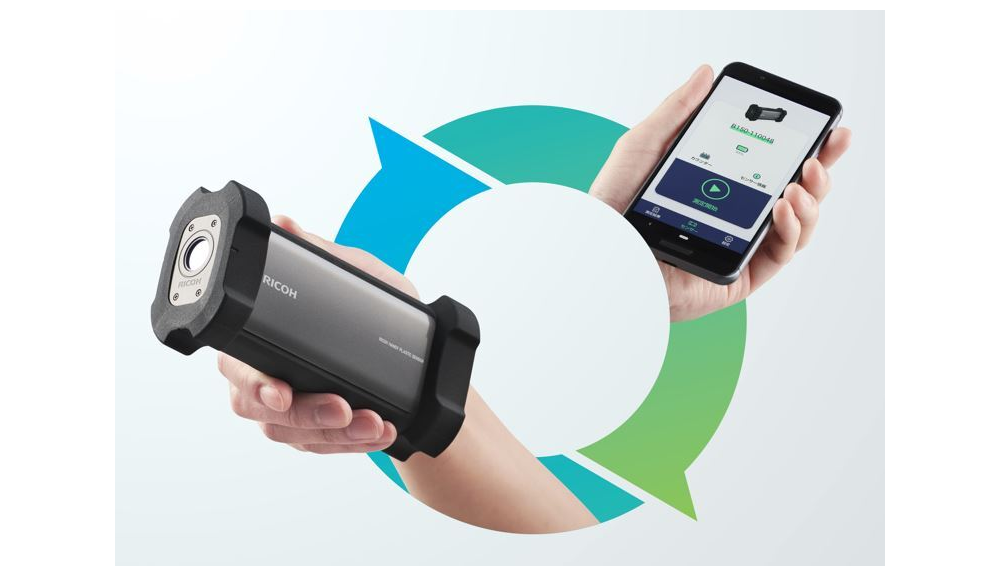
Recycling initiative using a Handy plastic sensor
RICOH Company, Ltd.
The B150 is a handy sensor that uses near-infrared spectroscopy to distinguish resins.
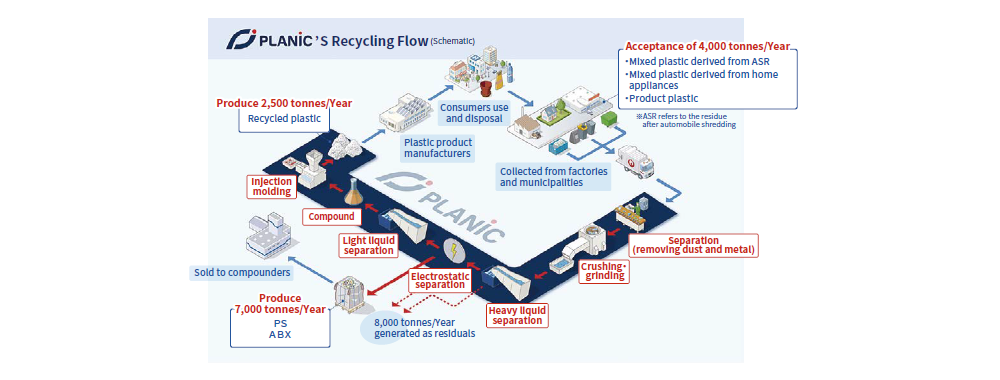
Achieving car-to-car recycling from plastic derived from scrapped automobiles
K.K. Planic Toyota Tsusho Corporation Kojima Sangyo Co., Ltd.
Planic not only recycles used plastics from automobiles and home appliances but also recycles product plastics such as used pallets and containers.
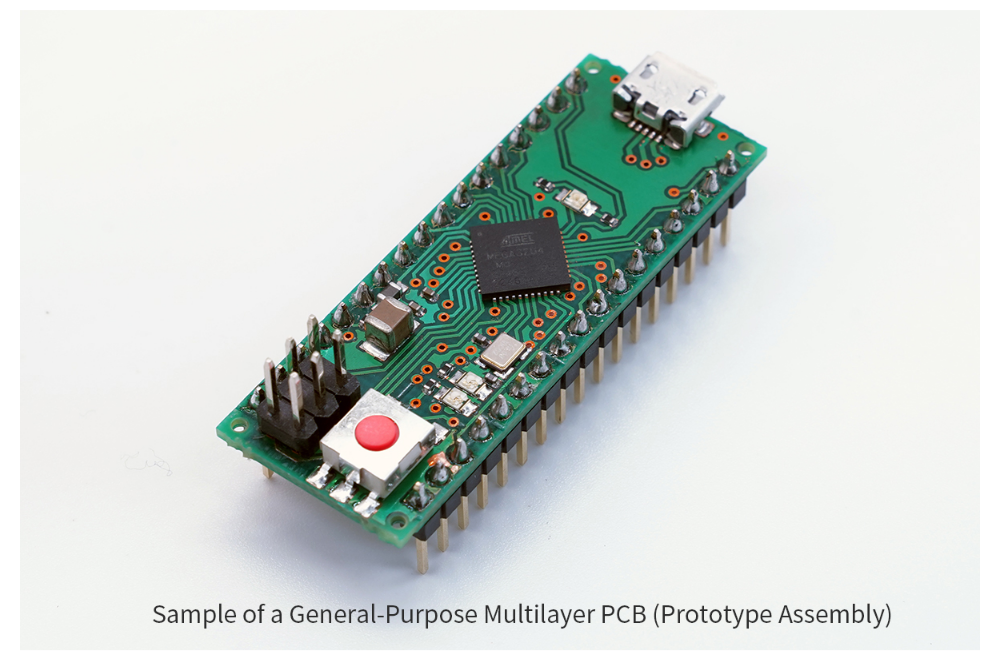
Elephantech Unveils General-Purpose Multilayer PCBs With SustainaCircuits™ Technology
Elephantech Inc.
Elephantech has been mass-producing SustainaCircuits™, innovative printed circuit boards (PCBs) that reduce copper usage by 70-80% using printing technology.
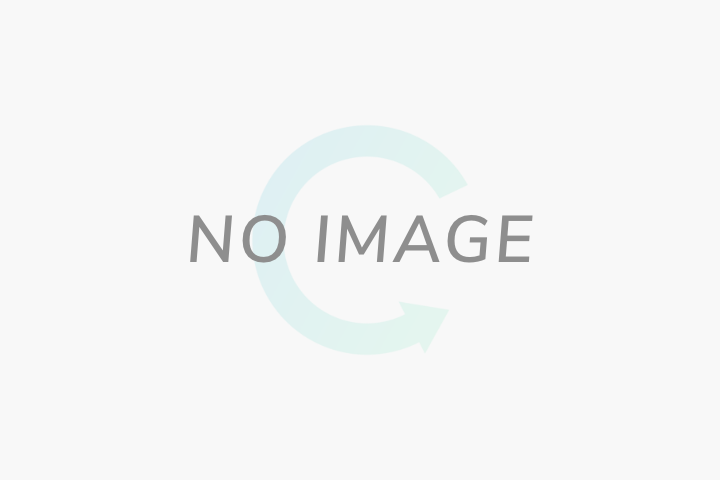
Powering Sustainability through Collaborative Design
STMICROELECTRONICS K.K.
STMICROELECTRONICS, ELEPHANTECH Collaboration on reducing the carbon footprint (PCF) of a working solution for industrial sustainability.
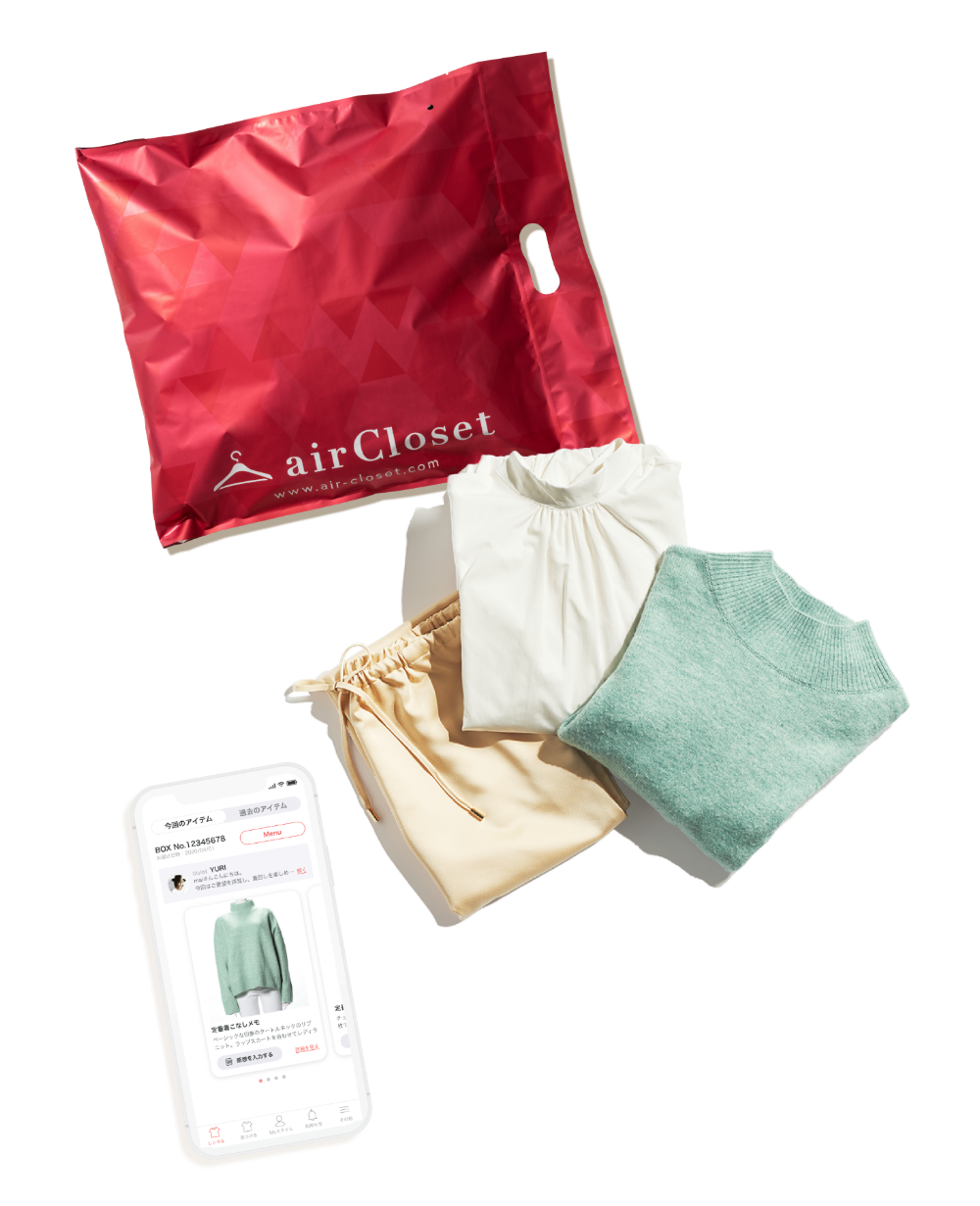
Fashion sharing service for everyday clothes to decarbonize and reduce clothing waste
airCloset, Inc.
airCloset offers a subscription-based service that allows customers to rent and enjoy outfits coordinated by professional stylists based on their body type, preferences, and intended usage. The service is accessible nationwide in Japan with a simple online registration. Customers can enjoy the delivered clothing, return it, and receive their next set of outfits within a few days.
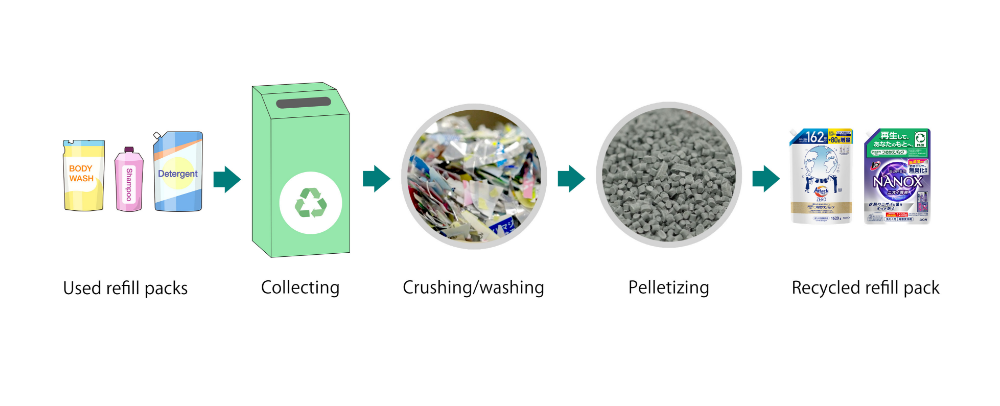
Collection of refill packs and film-to-film recycling
Kao Corporation Lion Corporation Ito-Yokado Co., Ltd. Welcia Yakkyoku Co., Ltd. Hamakyorex Co., Ltd. The City of Kamakura
Kao developed a technology to recycle refill packs into refill packs, and launched film-to-film recycled products with Lion, a competitor in the same industry. Ito-Yokado and Welcia Yakkyoku set up collection boxes in their stores to collect refill packs and sold film-to-film recycled products. Hamakyorex established an efficient aggregation system using return delivery to Welcia Yakkyoku.

Contribution to Circular Economy through the Provision of Our Unique ESG Financing Framework "MY Sustainable Finance"
MEIJI YASUDA LIFE INSURANCE COMPANY
To meet the diverse ESG financing needs of corporate customers, we have established and started operating "MY Sustainable Finance," our unique comprehensive ESG financing framework that covers three products: "Green Loans," "Social Loans," and "Sustainability-Linked Loans."
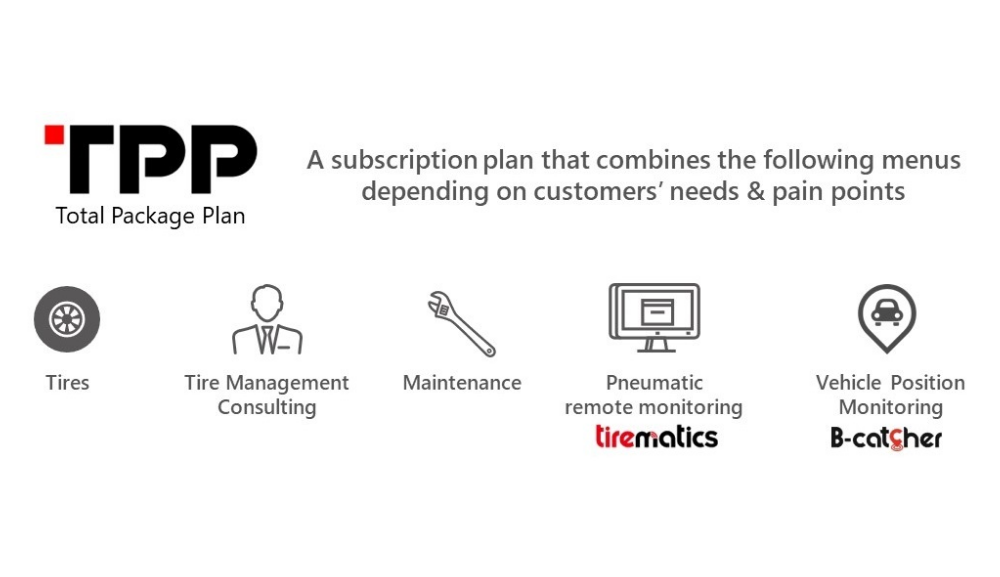
Contributing to the Effective Use of Resources through Remote Tire Pressure Monitoring Services
Bridgestone Corporation TRANSTRON Inc. Yazaki Energy System Corporation
- Bridgestone / Bridgestone Tire Solution Japan Co., Ltd. (hereinafter referred to as "Bridgestone"): Planning, development, and provision of tire related solution services which consist of tire supply, tire maintenance, remote tire pressure monitoring, etc.
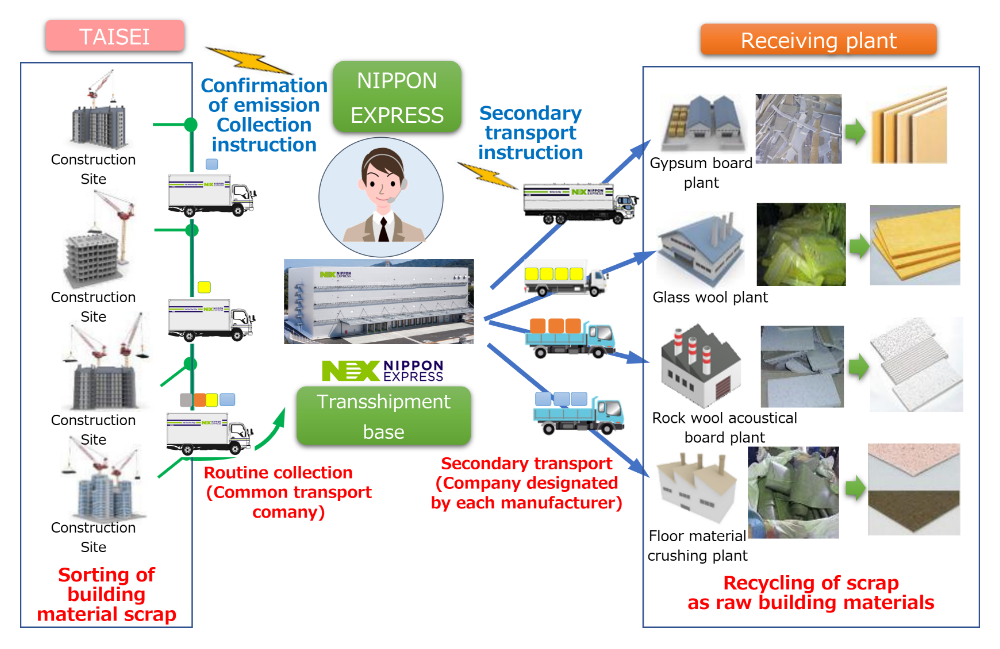
Promotion of recycling building material resources by upgrading the routine collection system
TAISEI CORPORATION NIPPON EXPRESS
By ensuring sorting and quantity control of scrap at the construction sites, integrated logistics management (collection, transshipment, and delivery management) based on 3PL (3rd Party Logistics) was made possible and efficient cooperative transportation between multiple construction sites and multiple receiving plants was realized.
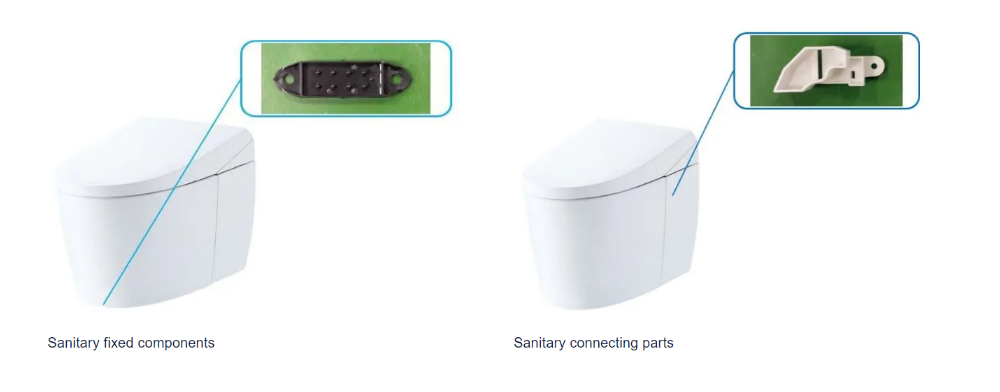
Regarding the Use of Recycled Plastic
TOTO. LTD
As part of our initiative to promote the 3Rs (Reduce, Reuse, Recycle) in our products, we are actively utilizing recycled plastic. In Japan, we use over 100 tons of recycled plastic each month. The main application is in the tank part of toilets, where over 80% is comprised of recycled plastic. In addition, we are increasing the adoption of recycled plastic in other components such as washlets, system baths, and kitchens.
